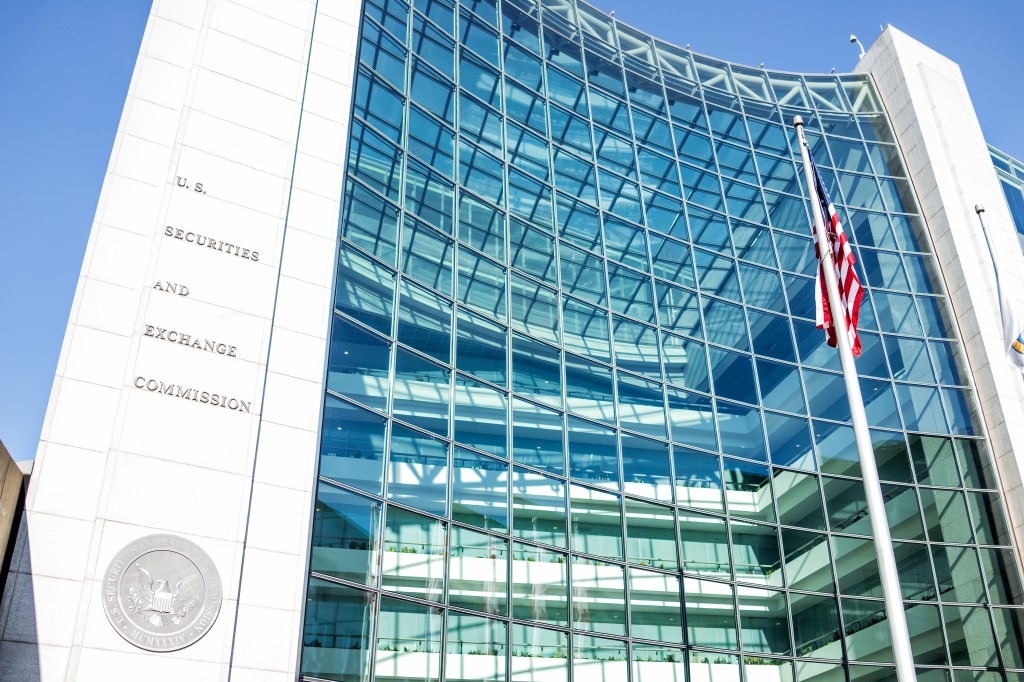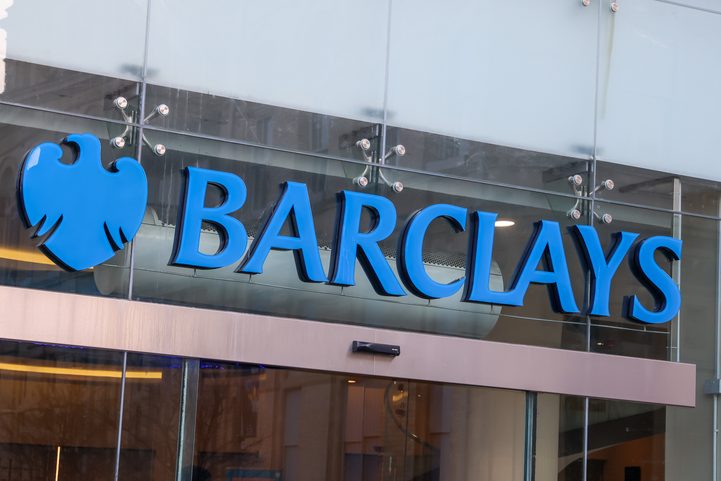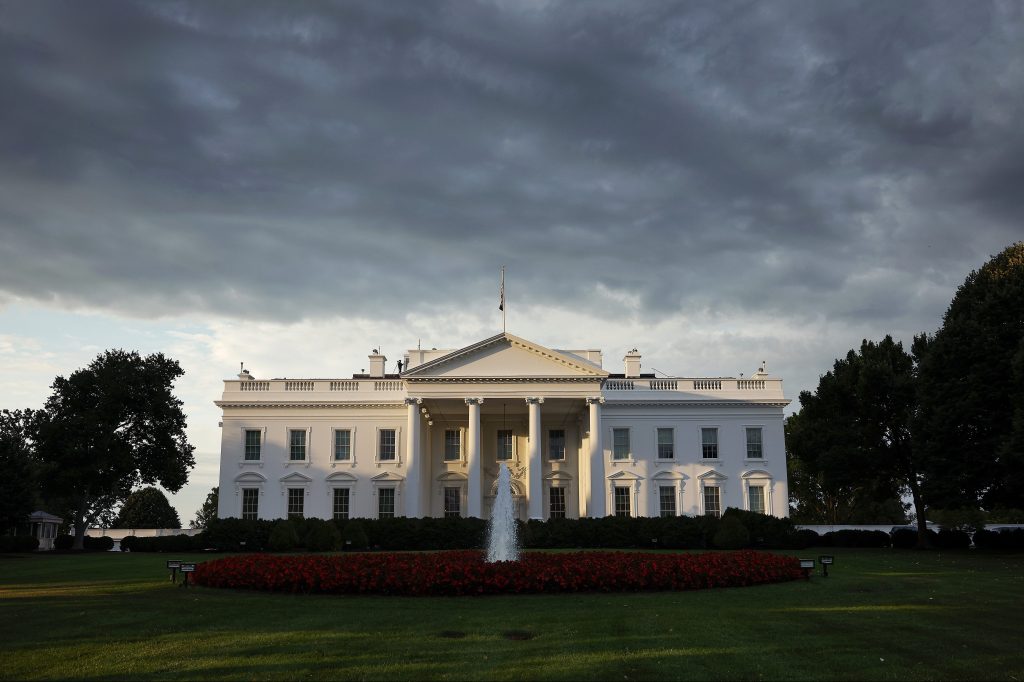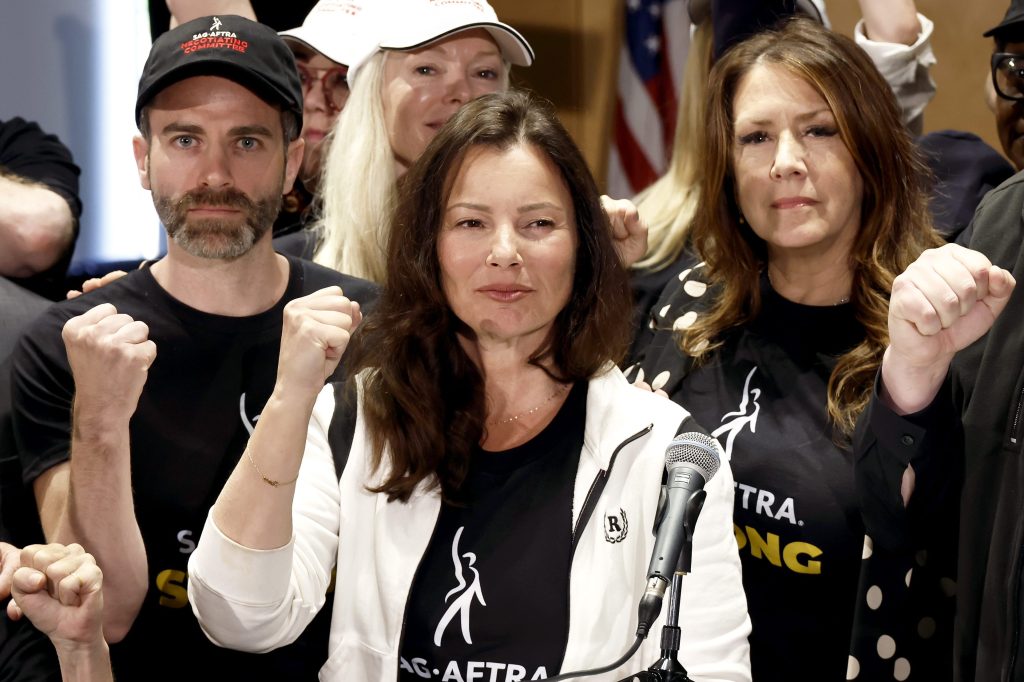Technology investments by corporate and investment banks increased 5.4% last year and now account for approximately 20% of overall global spending, according to a report from Coalition Greenwich.
Over that same four-year period, overall global spending rose by 12.1%, putting total outlays for the 12 leading corporate and investment banks at $139 billion in 2022. About half of that spending (48%) was allocated to the front office, primarily on people (compensation and benefits), and the other half – (52%) or $72.2 billion – was devoted to functional expenses including operations, technology, control, and other support functions.
“Companies that are building the technologies behind generative AI have already seen a boost to their valuation.”
Stefan Slowinski, global head of software research, BNP Paribas Exane
Over the past 12 months, spending on technology has increased the most, at 5.4%, and now accounts for approximately 40% of all functional area spending and 21% of spending overall.
“Investing in obligatory projects like compliance may not always generate excitement, but banks are required and increasingly incentivized – through the reputational risk of non-compliance – to keep these initiatives front and center,” says Stephen Bruel, Senior Analyst at Coalition Greenwich Market Structure & Technology.
BNP explores use of generative AI
BNP Paribas is eying the use of large language models and generative AI to collect data from both text and non-structured sources. The bank has already implemented 700 use cases for AI and is piloting 26 more.
Marcelo Carvalho, global head of economics at BNP Paribas, discussed the topic at a recent event hosted by the bank, saying BNP estimates AI will create a 1% productivity gain within the next two to five years. He added the gains in productivity could further help dampen inflation. “It’s going to be a relevant macroeconomic topic, even for central banks,” he said.
Companies that are building the technologies behind generative AI have already seen a boost to their valuation, said Stefan Slowinski, global head of software research at BNP Paribas Exane.
Fintech firm faces biometric ID class action
London-based fintech giant Revolut faces a lawsuit in Illinois under that state’s biometric identification law for allegedly failing to provide customers with crucial information on how their data is stored, and for how long.
Revolut, founded in 2015, is a global neobank and financial technology company that offers banking services.
The Biometric Information Privacy Act is a law designed to regulate the collection, use, and handling of biometric identifiers and information by private entities.
Tina Haralampopoulos filed a proposed class action lawsuit against Revolut in December, alleging the fintech unlawfully collects and stores users’ biometric data without obtaining their written consent, as required by the Illinois Biometric Information Privacy Act.
Haralampopoulos further alleges that Revolut fails to disclose third-party participation in the biometric identity verification process and does not publish for the public any information regarding how long it keeps biometric data, why it keeps biometric data, and how and when that data is eventually destroyed.
Passed in 2008, the Biometric Information Privacy Act is a law designed to regulate the collection, use, and handling of biometric identifiers and information by private entities. Interestingly, it does not apply to government entities.
SAG-AFTRA pens ‘Ethical AI’ deal
The Screen Actors Guild just announced a deal with Replica Studios that sets the terms for voice actors, including the minimum payment and consent required when actors’ voices are digitally replicated for voiceovers.
Replica is a company that bills itself as the “ethical AI” option for voice actors for such uses as games, audiobooks and videos.
“We are so happy to partner with Replica Studios, because this is a great example of AI being done right”.
Fran Drescher, president, SAG-AFTRA
On Replica’s website, the company says: “The contract marks an important step towards the ethical use of AI voices in creative projects by game developers, and sets the basis for fair and equitable employment of voice actors as they explore the new revenue opportunities provided by AI”.
“Artificial intelligence has dominated the headlines, and for most performers, the best protection against the unauthorized digital simulation of their voice, likeness and/or performance is a SAG-AFTRA contract. We are so happy to partner with Replica Studios, because this is a great example of AI being done right,” said SAG-AFTRA President Fran Drescher.
Orange you joking?
Tropicana might be the only company not actually adding or claiming to add AI to its brand. Instead, it is having a little fun doing the opposite.
The company has launched a limited edition brand of its juice called Tropcn – taking the “A” and the “I” out from its well-known name. Its tagline for that limited run is “100% OJ, 0% AI”.
GRIP gives Tropicana/Tropcn a thumbs up for making us smile in the dog days of winter.













